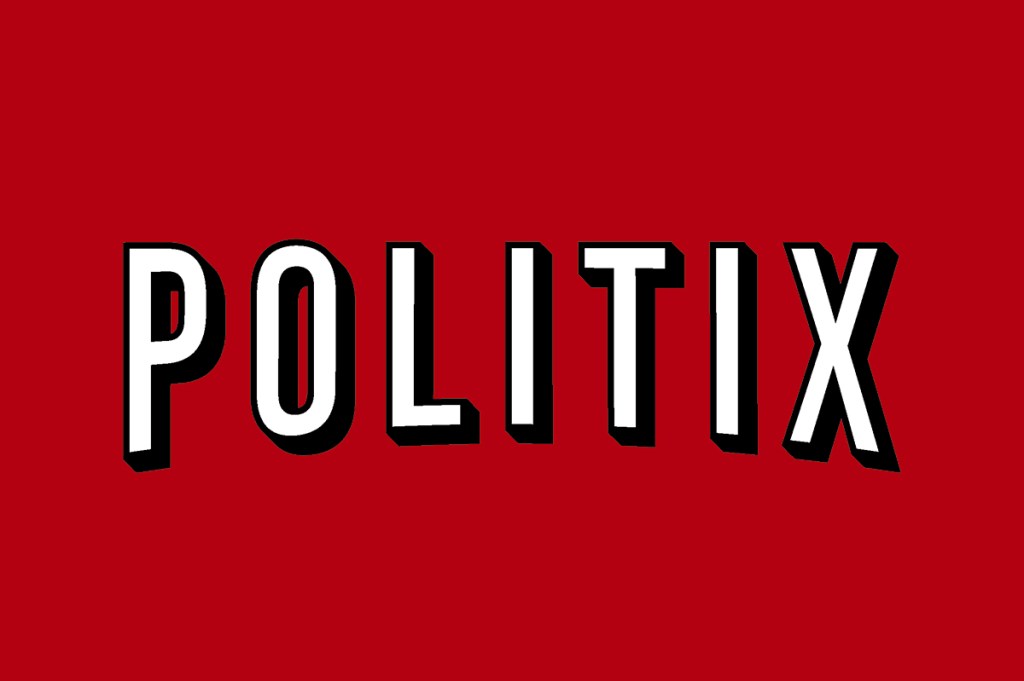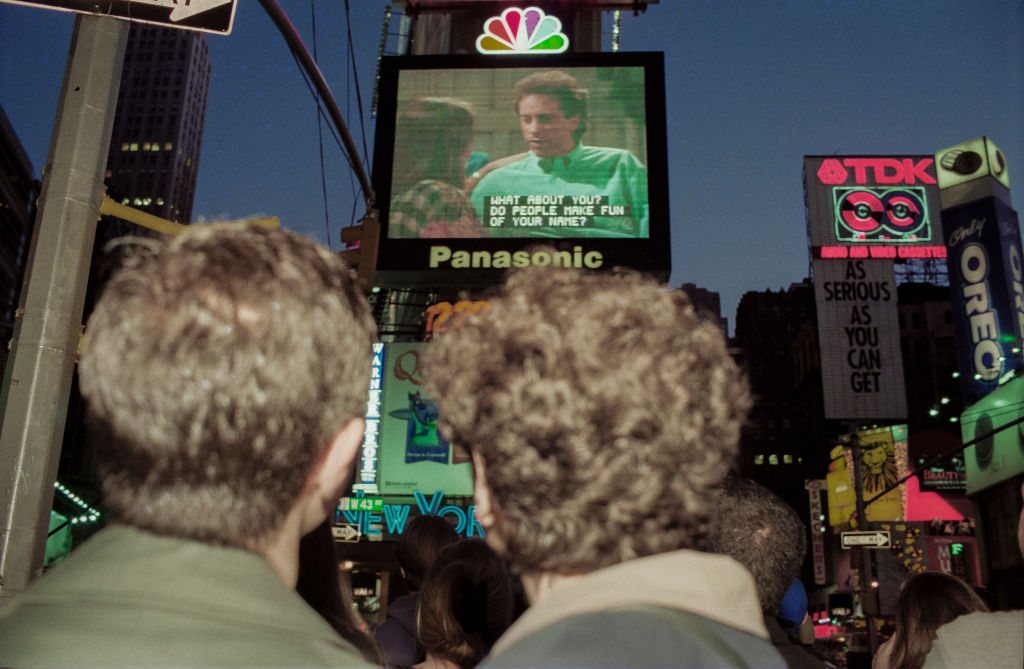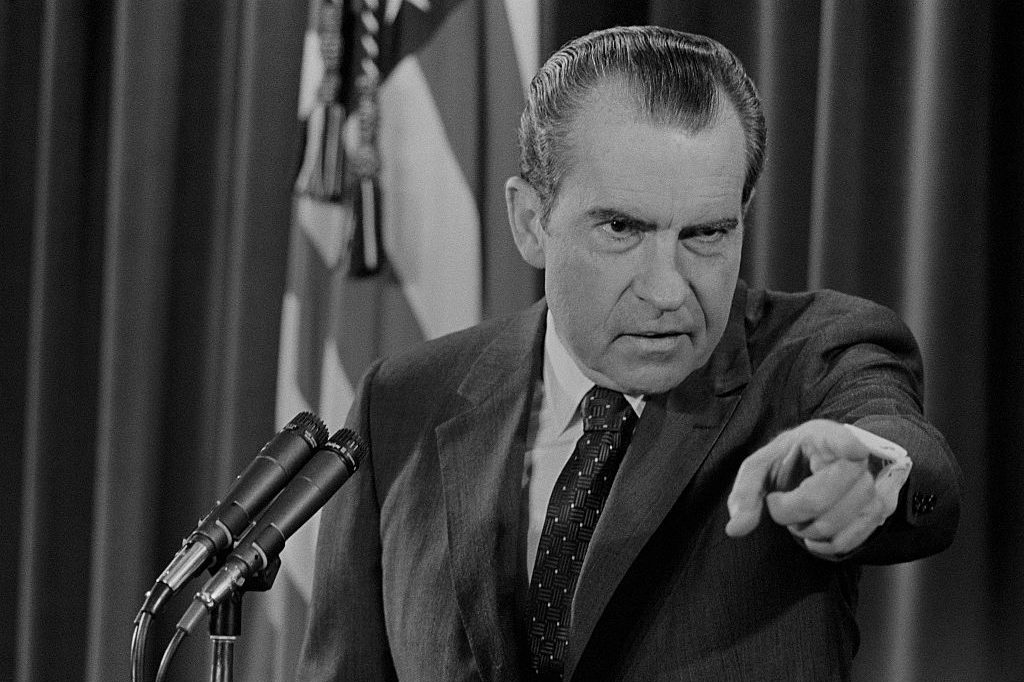In 2010, Jeff Bewkes, then CEO of Time Warner, was asked if he thought Netflix had any chance of taking over Hollywood. His sarcastic answer deserves to go down as one of the all-time dumb predictions. Bewkes (like the dude who wrote the internal Western Union memo that said telephones were a waste of time) was not taking Netflix seriously: ‘Is the Albanian army going to take over the world?’
A decade later, Netflix is not Albania. It’s imperial Spain during el Siglo de Oro. Massive, relentlessly mercantile and ruthlessly acquisitive, Netflix has rippled over the world to become one of the largest media businesses ever known. Count the hundreds of millions of subscribers, or the billion-dollar content deals. The old Hollywood system, the studios, the cinema chains — an entire infrastructure of production — has been torched and replaced by Netflix’s subscription-based streaming model. Its major competitors are all imitators: Hulu, Disney+, Apple TV, HBO Max and Amazon Prime Video.
The ‘extinction of old forms’, Darwin wrote in 1859, ‘is the almost inevitable consequence of the production of new forms.’ The old moguls were outflanked, outfought, outbought. Now they’re on their way out or being assimilated by Netflix entirely. The earliest premonitions of streaming date back to the 1920s, but streaming video from a seemingly endless library content was a new form. In the public mind that form belonged to Netflix. The public wallet opened. The binge-watch was born.
Thanks to whoever ate that pangolin in Wuhan in 2019, 2020 seems to be the year that cemented Netflix’s triumph. The pandemic saw 15 million new subscribers, and Netflix’s stock soared. Mass unemployment and all the other horsemen of the Apocalypse were galloping out of the paddock. Huddled anxiously indoors, the masses streamed Sex Education. Europeans binge-watched so ferociously in March that the Continent’s internet threatened to collapse. Our pandemic nightmare was a dream come true for Netflix founder Reed Hastings. Perhaps only Xi Jinping had a better COVID-19.
Until August. Late that month Netflix’s promotional team tweeted out a teaser for a très French film called Cuties, which is a fair translation of its French title, Mignonnes. Amy is a Senegalese immigrant, living in a crumbling Parisian project with her mother (a devout Muslim) and two brothers. She is bored, lonely and waiting with the rest of her family for her father to arrive from Senegal. She befriends her boisterous, modern neighbor Angelica and slowly, dance step by dance step, becomes a part of Angelica’s hip-hop crew, the Cuties. Amy’s mother is appalled; Amy feels liberated as she twerks with her new pals on stage at a dance competition.
The director, Maïmouna Doucouré, doesn’t flinch — and the girls are 11-year-olds. The original French poster showed them, wide-shot, walking down a cobble-stone street carrying bags of clothes. Netflix made a new poster which showed the girls in tight, glittery outfits. It’s often been said in the past four years that while Donald Trump may not be a white supremacist per se, there was no white supremacist who didn’t vote for him. Well, Maïmouna Doucouré’s film was not made for pedophiles, but its execution was so atrocious that there probably wasn’t a pedophile in the world who didn’t enjoy it. After it was far too late, after even 4chan— an online message board not known for decorum or refined taste — had banned sharing images from Cuties, Netflix withdrew the promotional materials. They apologized, then released the film anyway.
Ours is an era seething with underground, folkloric rumblings about sexual misdemeanors. Pizzagate, QAnon, ‘Epstein didn’t kill himself’, #MeToo, Michael Jackson. These theories spread the idea that powerful forces in society are cleaning up after elite pedophile rings. Releasing a high-minded but crudely realized film that sexualizes 11-year-olds would have been inadvisable at any time. It was particularly idiotic in the current environment. Heavy criticism of Cuties turned into fury and an indictment before a Texas grand jury.
Netflix’s CEO, Ted Sarandos, not understanding that hatred of Cuties might also reflect hatred of Epstein and an entertainment-industrial complex addicted to sexual imagery, defended the film. This was about censorship, Sarandos said in October. This was a conversation about censorship in America, in the year 2020, said Sarandos, as if he were shielding Salman Rushdie from a fatwa, rather than defending sordid depictions of minors. The film was ‘uniquely’ misunderstood in the United States, he reckoned. His gist was: I am a global CEO. Netflix is a global company. The red-state hicks don’t understand Art. He and his enterprise have long ago seceded from parochial concerns like not making films about twerking children. The message was clear: when you’re running an empire, there are always going to be bust-ups with the natives.
The sheer scale and reach of Netflix — 182 million subscribers in 190 countries —meant its choices were bound to take on political significance. What was odd about the Cuties affair was how reluctant the company was to back down. When the government of Singapore demanded the removal of Martin Scorsese’s The Last Temptation of Christ (1988) from the platform last year, it rolled over like a kitten looking for a belly rub. When the Saudi government asked Netflix to withdraw an episode of Patriot Act with Hasan Minhaj that covered Jamal Khashoggi’s murder, Netflix complied once again. It looked like one rule for the complaints of quasi-dictatorships, another for the complaints of Americans. Reed Hastings’s answer to all this was even less satisfactory than Sarandos’s defense of Cuties. ‘We’re not in the news business,’ he told the New York Times. ‘We’re trying to entertain.’
There was another possibility: Netflix was an entertainment business that manufactured information on the side — just like the New York Times, really. By the late 2010s there was no demilitarized border separating news from entertainment. What else could explain Netflix’s huge selection of socio-political documentaries? There was Get Me Roger Stone (2017) and RBG (2018), Knock Down the House (2019) and The Great Hack (2019) and many more to come, with Barack Obama and Meghan Markle on board.
Though the subject matter of each film differed, the values that suffused them — clipped from the op-ed pages of any center-left newspaper in the western world — were identical. Here was the hyperliberal reaction of the Trump era, a splenetic mixture of fear and sentimentality. Fear of Russians, Republicans and sinister algorithms. Sentimentality about how minority identity groups were all good liberals, and only the frail shell of Ruth Bader Ginsburg protected America from a
new dark age.
Was this entertainment, or was it masochism? If you want to understand the spectacular implosion of liberalism over the past five years — how it became twitchily paranoid, how it abandoned skepticism and tolerance, how it embraced irrationality and identity politics — all you need is a Netflix subscription and the heroic fortitude required to sit through these movies.
This worldview has deep roots within the company. Eleven years ago a document appeared online called ‘The Netflix Culture Doc’. This was Netflix’s corporate doctrine, conceived in 124 slides by Reed Hastings and his then-HR chief Patty McCord. In Silicon Valley these 124 slides have the same historic significance as the 95 theses Luther nailed to that church door in Wittenberg in 1517. Sheryl Sandberg called it ‘the most important document ever to come out of the Valley’.
What does it say? The slideshow calls for radical ‘freedom and responsibility’ among employees. Rules have names like ‘High Talent Density’ and ‘Maxing Up Candor’. The latter gets rid of ‘normal polite human protocols’, replacing them with a daily ‘Circle of Feedback’ and ‘Live 360 Assessments’, struggle sessions in which employees meet with their colleagues to have their work ripped to shreds.
If Ayn Rand and Chairman Mao had a baby, and that baby grew up to become an HR manager, it would write something like ‘The Netflix Culture Doc’. What are the results? A brutally competitive office culture, firings and breakdowns galore, and a workplace once described as ‘reminiscent of North Korea’. There is a direct line between the paranoia of Netflix’s factual programming and the ‘You’ve got to earn it every year’ environment in which Netflix’s professionals work.
Even as they arduously trudge through this libertarian jungle, the Netflix class has to maintain the fiction that they’re nice cuddly libs. In 2016 employees sent 98 percent of their donations to Democrats. This rose to 99.6 percent for the 2018 midterm elections. There was more than a whiff of misplaced guilt about all this. The biggest individual collectors of Netflix cash in 2020 were Bernie Sanders and Elizabeth Warren, while Reed Hastings made his largest donations to Pete Buttigieg and Joe Biden.
Even by Valley standards, Netflix was an outlier in terms of the one-sidedness of its politics. The Democrats reciprocated, as they did for giant Wall Street firms and other enormous technology companies, by offering Netflix a reputation-laundering service, a way to cloak its dubious labor practices in an ostensibly compassionate politics. Netflix hired the biggest, starriest creators it could get to perform the same function. Could Netflix really be such a bad place if Barack Obama was on board, producing mind-bendingly dull documentaries about his own wife with the company? Was the ‘Circle of Feedback’ actually a good thing if Meghan Markle and Prince Harry had chosen Netflix as a home over Windsor Castle?
Signing up the Sussexes may end up marking the apogee of the Netflix empire. The Albanian army had taken Hollywood, and now it was kidnapping members of the British royal family. The only problem for Netflix was that it had no idea what to do with its power. Its narrowly cosmopolitan politics had been bleeding into its programming for a long time. Its content was centered on social messaging —racial justice, gender equity, environmental stewardship — that appealed to imaginary do-gooders, not real audiences.
It was telling that the most-watched shows on Netflix — Friends and The Office — were not original content and had been produced in the less politically charged era before Trump. Both shows would soon move to rival streaming services. After the Cuties fiasco, Netflix saw a pyrotechnic 800 percent spike in canceled subscriptions. Four top executives have left the company since September. Disney+, a rival only a year into its existence, now has 60 million subscribers. Netflix now has so many competitors and there is so much content available that the entire streaming model begins to look like yet another online media bubble.
Perhaps Netflix’s advanced politics will protect them from the storm to come? Five days before the election, whoever ran Joe Biden’s Twitter account criticized Netflix for paying less in federal income taxes than the average American. It was another bad sign in a year that ought to have been a triumph.
This article was originally published in The Spectator’s December 2020 US edition.

























